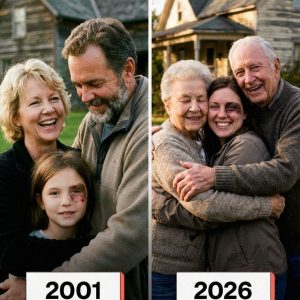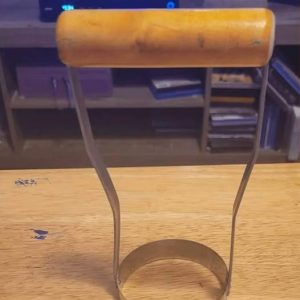We believed we understood everything about Grandma Esther. At 84, her mind remained razor-sharp, her passion for crossword puzzles unmatched, and her command of Thanksgiving dinner an annual tradition. Yet, a few weeks ago, a sudden fall in her garden landed her in the hospital with a fractured hip.
Our family devised a straightforward plan: rotate visits, supply her with puzzles and jelly beans, and ensure she didn’t overwhelm the nursing staff. But on the third day, we entered her room and stopped in our tracks.
Police officers filled the space.
Not merely a handful. Dozens stood there, dressed in full uniforms, badges gleaming, hats in hand, smiling like children on a holiday morning. Grandma Esther? She presided from her hospital bed like royalty, tossing out quips and waving as if leading a grand procession.
A tall officer, likely a sergeant, gripped my hand warmly. “You must be her grandson. Your grandma’s a legend,” he said.
I wondered if he’d mistaken the room. Then I noticed the poster on the wall: “GET WELL, GRANDMA!” adorned with badge numbers.
Perplexed, I glanced at her. She merely shrugged, as if this were routine.
“I trained most of these folks,” she said casually. “Back when they allowed women to lead at the academy.”
It turned out Grandma Esther wasn’t simply a police officer. She was among the county’s first female instructors, a fact she’d kept under wraps, dismissing it as “just work.” Yet, her influence had clearly shaped countless lives.
Then the sergeant leaned close, murmuring something to her.
Whatever he said brought tears to her eyes.





